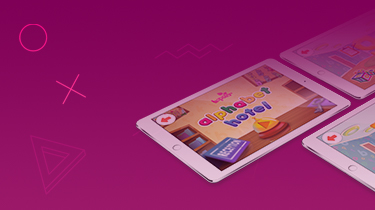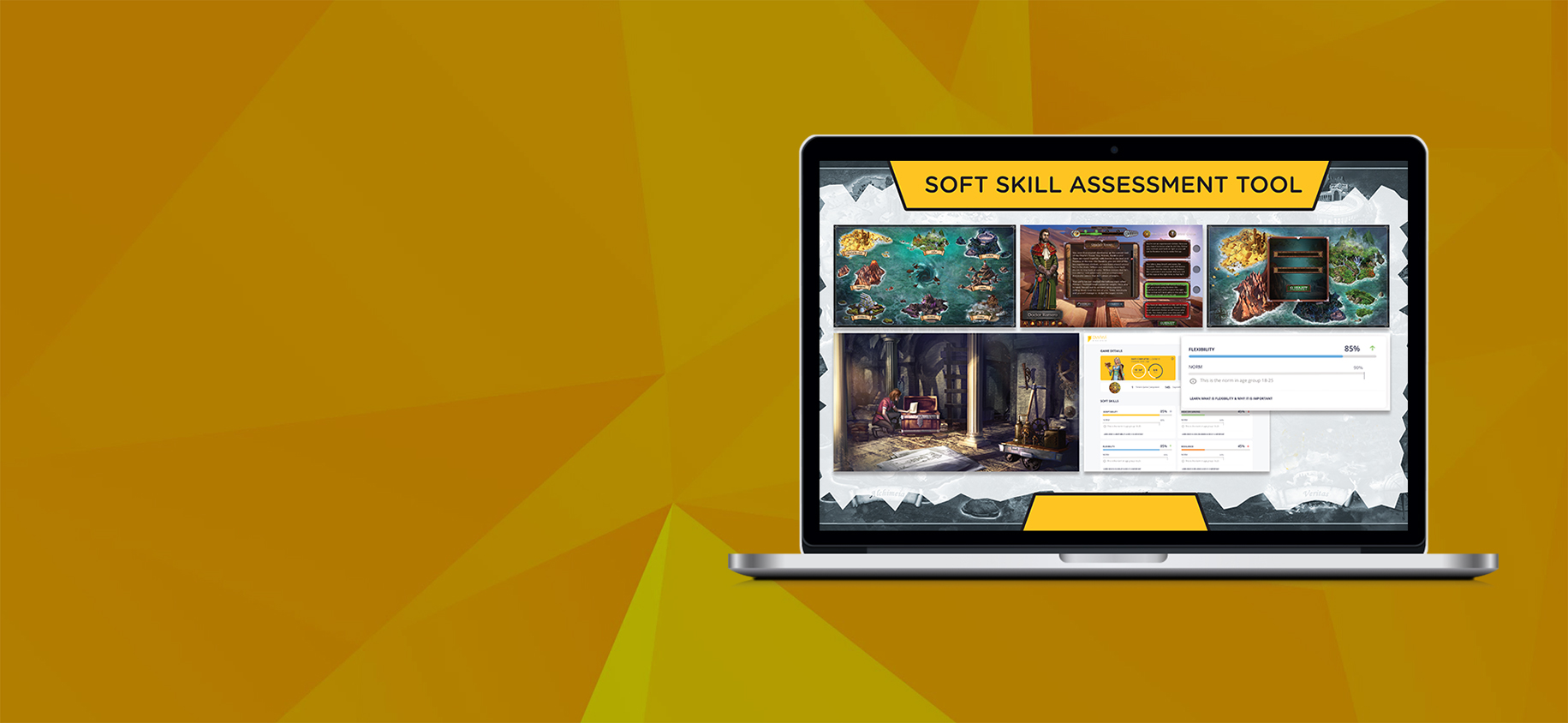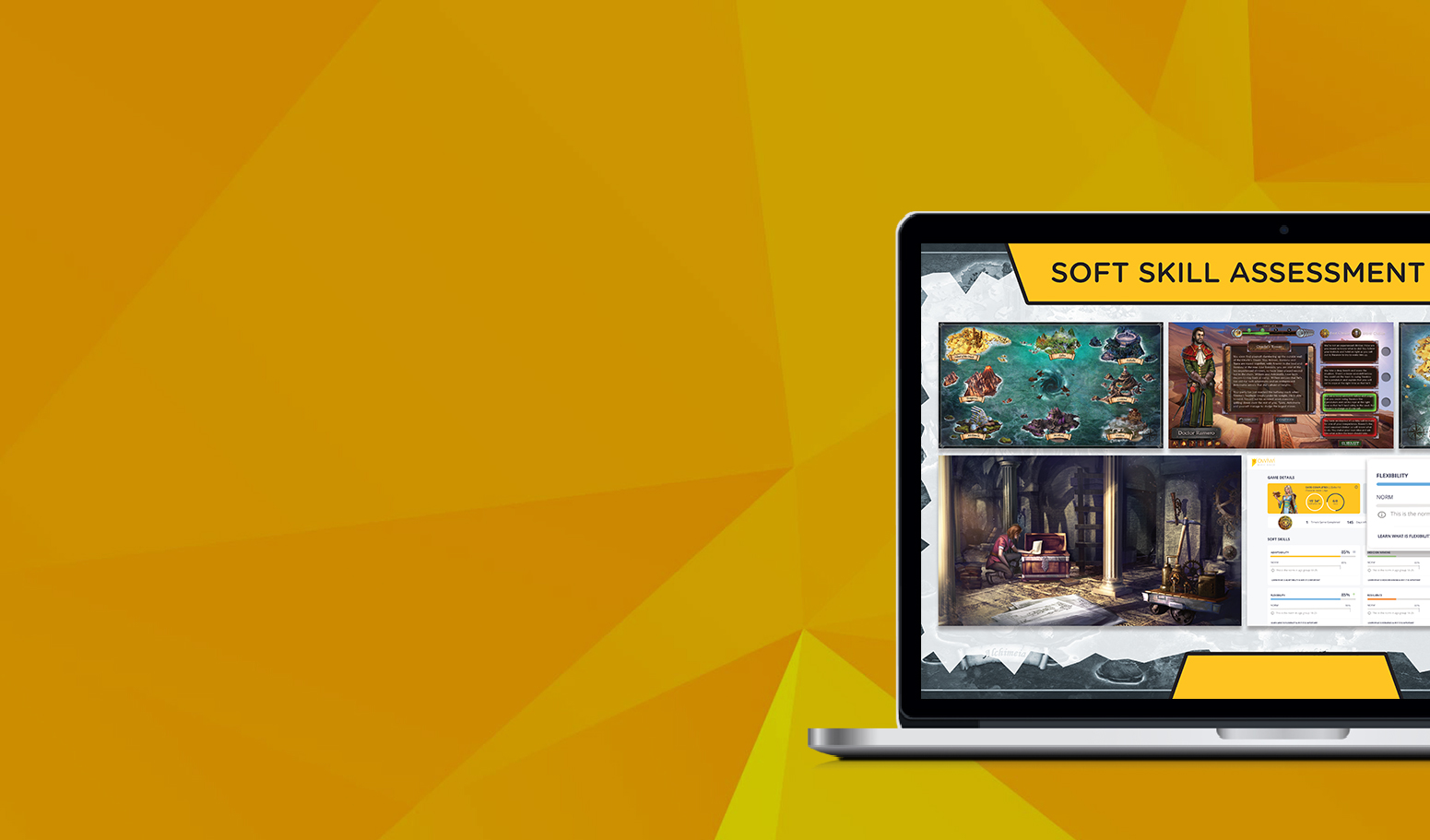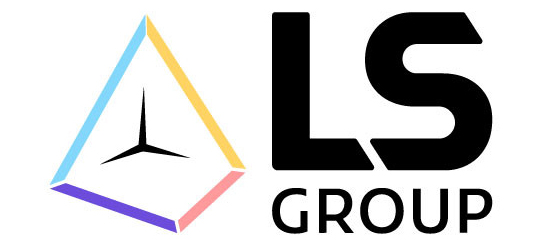Educational games have revolutionized how people learn, blending entertainment and knowledge into a single, accessible platform. If you’re considering developing an educational game, understanding the cost implications is crucial. The price tag can vary significantly depending on several factors, including complexity, design requirements, technology used, and more. Here, we'll break down the factors that contribute to the cost of educational game development.
Scope and сomplexity
The scope and complexity of the game are key determinants of the overall development cost. A simple game with basic features and functionality will be significantly less expensive than a complex one with multiple features, levels, and intricate gameplay mechanics. Additionally, if your game requires a multiplayer setup, extensive narrative, AI-based adaptive learning, or other complex elements, the development cost will be higher.
Design requirements
The design aesthetic of a game is crucial to its success. Simple 2D games will cost less to design than complex 3D ones due to the reduced complexity of assets and environments. Costs can further increase if the game requires detailed artwork, character models, animations, or unique user interfaces.
Technology used
The technology utilized can significantly impact the cost. If you opt for emerging technologies like virtual reality (VR), augmented reality (AR), or artificial intelligence (AI), it will inflate the cost. However, these technologies can also create a more immersive, engaging, and effective learning environment.
Platform
The chosen platform, whether iOS, Android, PC, or cross-platform, also contributes to the cost. Each platform has its unique requirements, development complexities, and testing procedures. Cross-platform development might be a cost-effective solution, but it depends on the specific needs of the project.
Maintenance and updates
The cost doesn’t end when the game is launched. You must consider the costs of ongoing maintenance, updates, and adding new features or content over time. These factors ensure your game remains competitive, effective, and aligned with your evolving educational goals.
Creating a quality educational game involves an array of professionals. Here are some key players:
Game designers. They conceptualize the game and design its mechanics. They work on the storyline, rules, characters, and overall user experience.
Developers. These professionals write the code that brings the game to life. Their work is pivotal to the functioning of the game.
Graphic artists. They create the game’s visual elements, including characters, environments, and UI elements.
QA testers. They test the game for bugs and performance issues before it goes live, ensuring a smooth user experience.
Despite these general guidelines, every educational game project is unique, with specific requirements, goals, and challenges. Therefore, it’s crucial to perform a custom evaluation for each project to understand its specifics and accurately determine the cost. A tailored evaluation takes into account your game's unique objectives, target audience, required features, and other bespoke considerations.
An educational game is an investment in effective learning. By understanding the associated costs and factors affecting them, you can make informed decisions, aligning your educational goals with budgetary considerations. While costs may vary, working with a reputable game development company like Program-Ace ensures quality, reliability, and a worthwhile return on your investment. It’s important to remember that the most expensive game isn’t always the best. Instead, the best game is one that achieves your learning objectives, resonates with your audience, and provides a meaningful, enjoyable experience.































